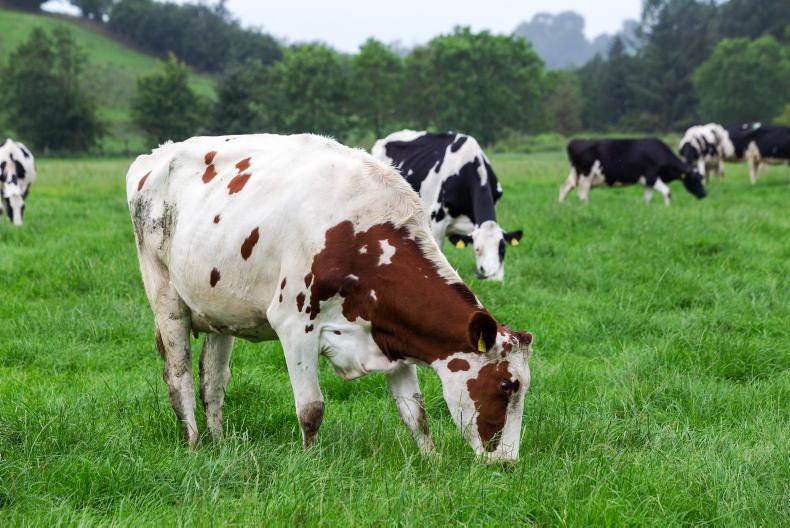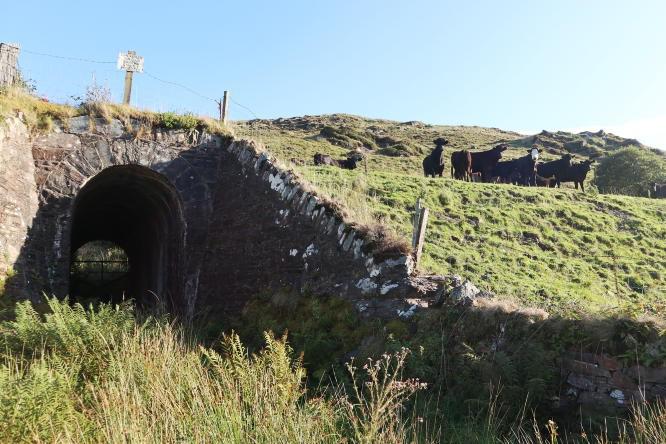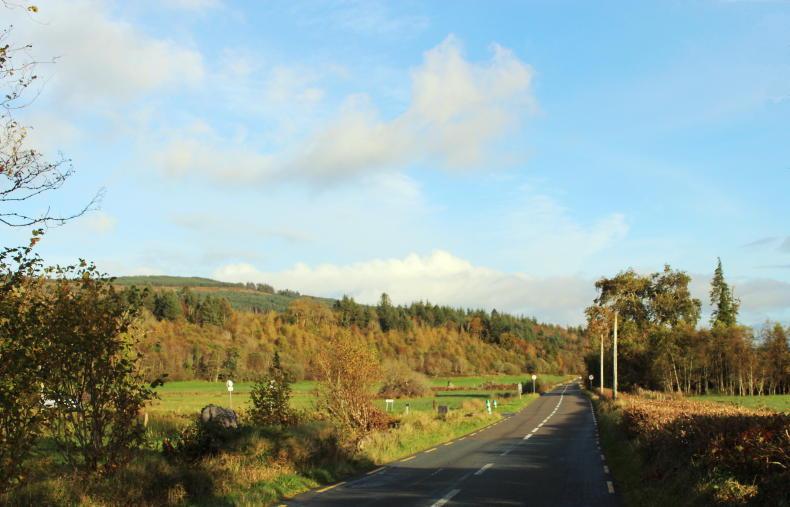Scale and pace are required for the roll out of farm measures included in the Climate Action Plan 2023, the Environmental Protection Agency (EPA) has warned.
EPA climate change programme manager Professor Mary Frances Rochford said the adoption of measures, such as earlier finishing ages for cattle and protected urea use, are key to reversing agriculture’s climate trends.
The EPA representative described how the full emissions cutting impact of these measures is being evaluated by the agency, with final analysis expected in the first half of this year. Regardless, she urged the farm sector to progress the initiatives in the plan now.
Prof Rochford also suggested that Irish agriculture needs to develop a “validated performance” on emissions, which it can use to demonstrate its production of sustainable food.
She was speaking at a Farming 2023 seminar held at the Lismullen Conference Centre in Co Meath on Tuesday.
Urban rural divide
In her presentation ‘Climate change and agriculture in Ireland’, Prof Rochford began by outlining an EPA and Yale University recent representative survey of 4,000 Irish people, which found that 96% agree climate change is ‘happening’.
She moved to quash commentary of an urban-rural divide and described how this almost universal realisation was the same for survey respondents from rural and urban areas.
“That urban-rural divide is not there. Citizen engagement is a key part of the climate action plan in particular,” she said.
The survey found that 79% of Irish people feel climate change should be either a ‘very high’ or ‘high’ priority for the Irish Government.
Within the research, the EPA found that 36% of people are ‘alarmed’ by climate change and would consider taking their own direct action and 48% are ‘concerned’ and while seeking Government action, may not directly act themselves.
A further 12% are cautious when it comes to climate change and just 3% or 0.1m people in Ireland are doubtful of its existence.
Challenge
While Prof Rochford acknowledged the challenge facing farmers to reduce emissions, she said there is evidence of “exemplary” efforts being undertaken by many.
However, she said “dairy expansion is to the detriment” of this.

Prof Rochford said dairy farms in the south and east of the country are having an impact on water quality. \ CJ Nash
The EPA representative described how agricultural emissions, particularly those created through nitrogen use, “have a major impact on water quality”.
She said this is particularly evident in the south and southeast of the country in dairy farming areas and warned that run-off is affecting the water quality in local estuaries.
Urgency
Crunching the climate numbers, Prof Rochford highlighted that Ireland’s average temperatures for 2022 were “above normal” for the 12th consecutive year. She said this ‘above normal’ status was recorded for 21 out of 22 years so far this century.
However, the EPA climate change programme manager said there are “options available in every sector to cut emissions in half by 2030” and to stabilise these trends.
Scale and pace are required for the roll out of farm measures included in the Climate Action Plan 2023, the Environmental Protection Agency (EPA) has warned.
EPA climate change programme manager Professor Mary Frances Rochford said the adoption of measures, such as earlier finishing ages for cattle and protected urea use, are key to reversing agriculture’s climate trends.
The EPA representative described how the full emissions cutting impact of these measures is being evaluated by the agency, with final analysis expected in the first half of this year. Regardless, she urged the farm sector to progress the initiatives in the plan now.
Prof Rochford also suggested that Irish agriculture needs to develop a “validated performance” on emissions, which it can use to demonstrate its production of sustainable food.
She was speaking at a Farming 2023 seminar held at the Lismullen Conference Centre in Co Meath on Tuesday.
Urban rural divide
In her presentation ‘Climate change and agriculture in Ireland’, Prof Rochford began by outlining an EPA and Yale University recent representative survey of 4,000 Irish people, which found that 96% agree climate change is ‘happening’.
She moved to quash commentary of an urban-rural divide and described how this almost universal realisation was the same for survey respondents from rural and urban areas.
“That urban-rural divide is not there. Citizen engagement is a key part of the climate action plan in particular,” she said.
The survey found that 79% of Irish people feel climate change should be either a ‘very high’ or ‘high’ priority for the Irish Government.
Within the research, the EPA found that 36% of people are ‘alarmed’ by climate change and would consider taking their own direct action and 48% are ‘concerned’ and while seeking Government action, may not directly act themselves.
A further 12% are cautious when it comes to climate change and just 3% or 0.1m people in Ireland are doubtful of its existence.
Challenge
While Prof Rochford acknowledged the challenge facing farmers to reduce emissions, she said there is evidence of “exemplary” efforts being undertaken by many.
However, she said “dairy expansion is to the detriment” of this.

Prof Rochford said dairy farms in the south and east of the country are having an impact on water quality. \ CJ Nash
The EPA representative described how agricultural emissions, particularly those created through nitrogen use, “have a major impact on water quality”.
She said this is particularly evident in the south and southeast of the country in dairy farming areas and warned that run-off is affecting the water quality in local estuaries.
Urgency
Crunching the climate numbers, Prof Rochford highlighted that Ireland’s average temperatures for 2022 were “above normal” for the 12th consecutive year. She said this ‘above normal’ status was recorded for 21 out of 22 years so far this century.
However, the EPA climate change programme manager said there are “options available in every sector to cut emissions in half by 2030” and to stabilise these trends.










SHARING OPTIONS